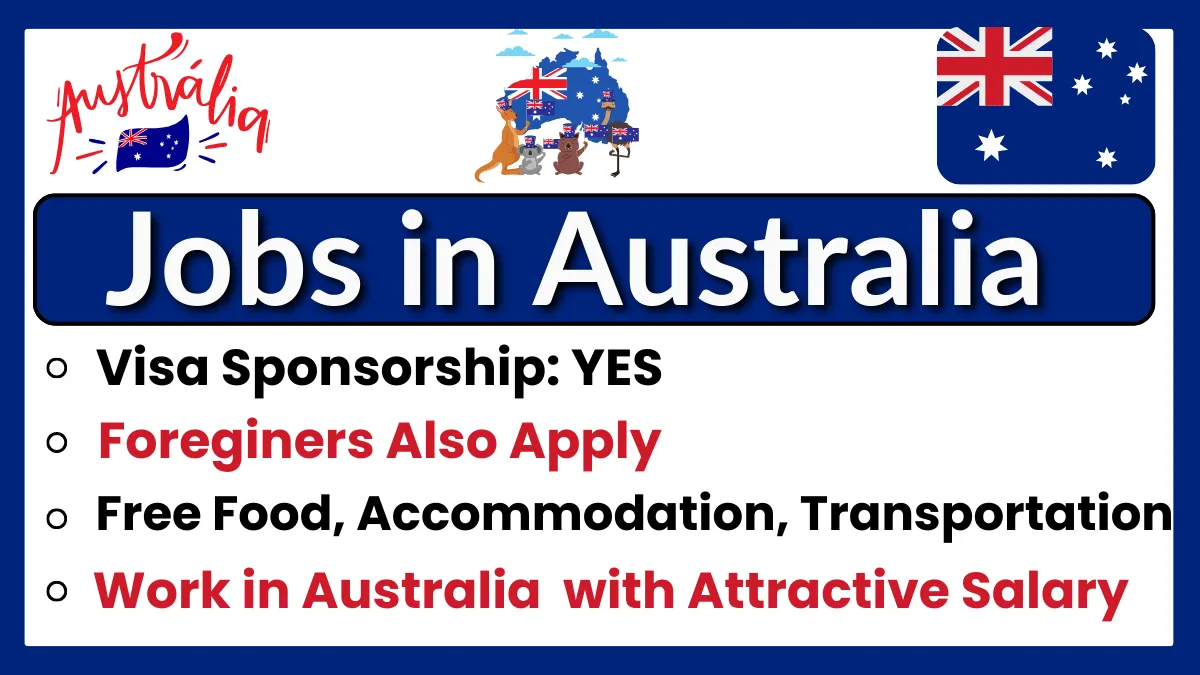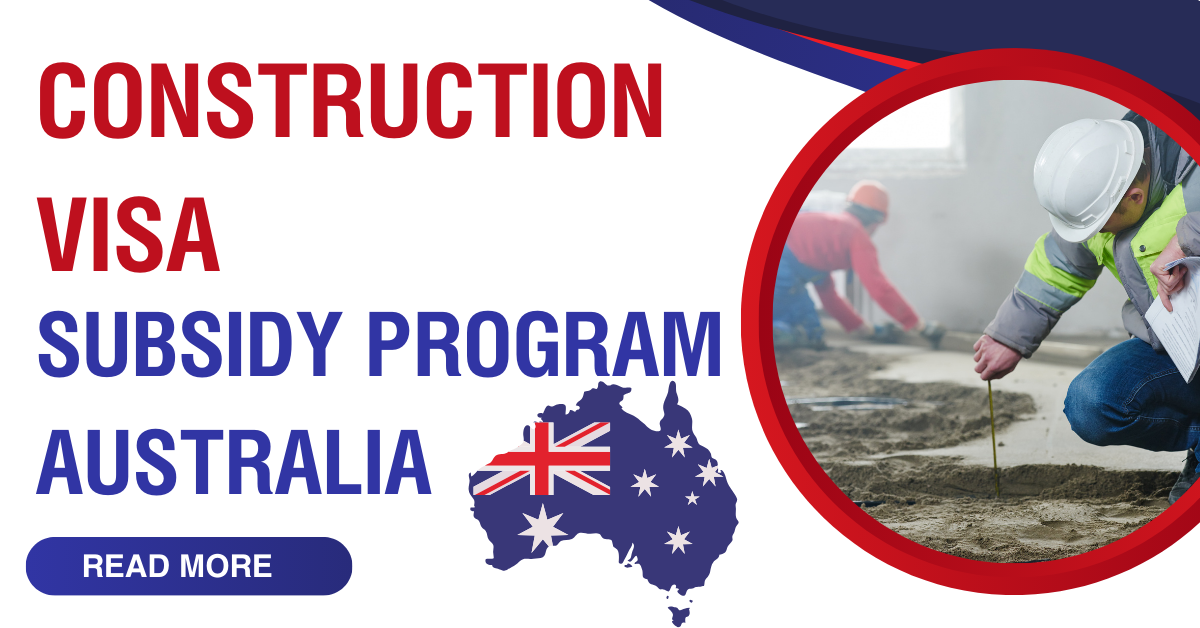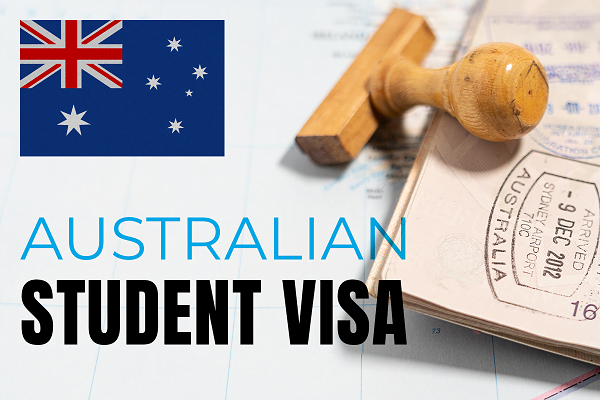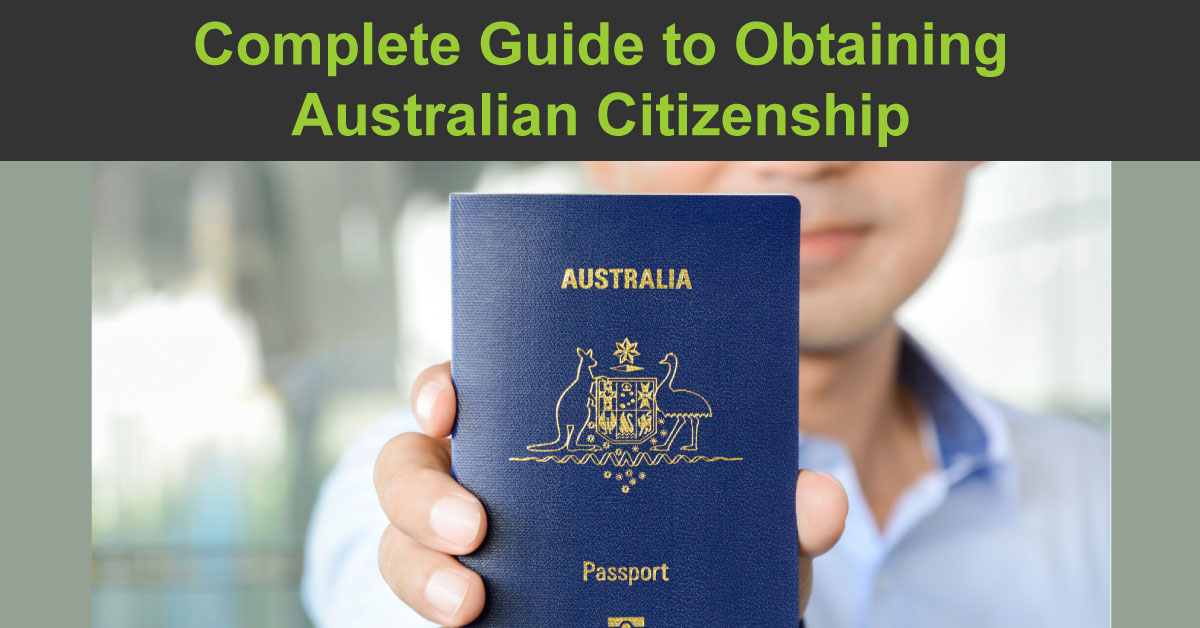Advertisements
Australia’s robust economy and diverse job market make it an attractive destination for foreigners seeking employment opportunities. For those aspiring to work in Australia, securing a job with visa sponsorship is a key pathway. In this comprehensive guide, we will explore the various industries offering jobs for foreigners, the types of visas available, eligibility criteria, and practical tips for a successful job search and visa application.
Understanding Visa Sponsorship
Employer-Sponsored Visas
Employer-sponsored visas in Australia are designed to allow businesses to fill skilled positions with qualified foreign workers when suitable candidates cannot be found locally. There are several types of employer-sponsored visas, each catering to different skill levels and industries.
Common Employer-Sponsored Visas
- Temporary Skill Shortage (TSS) Visa (Subclass 482): This visa allows employers to sponsor skilled workers for positions that cannot be filled by the local workforce. It has short-term and medium-term streams.
- Employer Nomination Scheme (ENS) Visa (Subclass 186): The ENS visa is a permanent residency visa that allows employers to sponsor skilled workers for permanent residence.
- Regional Sponsored Migration Scheme (RSMS) Visa (Subclass 187): This visa is for skilled workers nominated by employers in regional areas for permanent residence.
Top Industries Offering Jobs with Visa Sponsorship
Information Technology (IT)
The IT industry in Australia is booming, and there is a consistent demand for skilled professionals. Roles such as software engineers, developers, system administrators, and IT project managers are often in high demand.
Healthcare and Medical Professions
Australia’s healthcare system relies on skilled professionals from around the world. Medical practitioners, nurses, and allied health professionals are sought after in both urban and regional areas.
Engineering
The engineering sector, including civil, mechanical, and electrical engineering, is integral to Australia’s infrastructure development. Skilled engineers are in demand for various projects across the country.
Construction and Trades
Construction projects are abundant in Australia, creating opportunities for foreign workers in trades such as carpentry, plumbing, electrical work, and welding.
Education and Teaching
Skilled teachers and educators are needed in Australia’s education sector. Secondary school teachers, early childhood educators, and university professors are among the roles in demand.
Hospitality and Tourism
Australia’s vibrant hospitality and tourism industry creates job opportunities in roles such as chefs, hotel managers, tour guides, and event planners.
Agriculture and Farming
Regional areas in Australia often face labor shortages in agriculture. Foreign workers can find opportunities in roles like farm management, agricultural research, and crop cultivation.
Eligibility Criteria for Visa Sponsorship
Skill Assessment
Most employer-sponsored visas require a skills assessment conducted by the relevant assessing authority for the specific occupation. This assessment verifies that the applicant’s qualifications and experience meet Australian standards.
Job Offer from an Australian Employer
To apply for employer-sponsored visas, foreign workers must have a job offer from an Australian employer. The employer must be an approved sponsor and nominate the foreign worker for the relevant position.
English Language Proficiency
Applicants are typically required to demonstrate English language proficiency through tests like IELTS or equivalent. The level of proficiency depends on the visa subclass and occupation.
Relevant Qualifications and Experience
Applicants must have the necessary qualifications and experience relevant to the nominated occupation. In some cases, additional licensing or registration may be required.
Age, Health, and Character Requirements
Applicants must meet age requirements specified for the visa subclass, undergo health examinations, and provide police clearance certificates to prove good character.
Advertisements
Job Search and Application Process
Research and Identify In-Demand Occupations
Research industries and occupations that are currently in demand in Australia. Utilize official skilled occupation lists and research market trends to identify potential job opportunities.
Create a Strong Resume and Cover Letter
Tailor your resume to highlight relevant skills, qualifications, and experiences. Craft a compelling cover letter expressing your interest in the position and showcasing how you meet the job requirements.
Utilize Online Job Platforms
Explore online job platforms such as SEEK, Indeed, and LinkedIn to search for job opportunities. Many employers and recruitment agencies use these platforms to advertise positions.
Networking
Network with professionals in your industry by attending industry events, conferences, and online forums. Networking can open doors to job opportunities and provide valuable insights into the job market.
Apply Directly to Employers
Identify potential employers in your field and apply directly to them. Many employers prefer receiving applications directly rather than through recruitment agencies.
Consult Recruitment Agencies
Engage with recruitment agencies that specialize in placing foreign workers. These agencies often have established relationships with employers seeking skilled professionals.
Preparing for the Visa Application
Secure a Job Offer
Before applying for a visa, secure a job offer from an Australian employer who is willing to sponsor you. The employer must be an approved sponsor and nominate you for the relevant position.
Gather Required Documents
Collect all necessary documents, including your passport, skills assessment, job offer letter, educational certificates, English language proficiency test results, and health and character documents.
Create an ImmiAccount
ImmiAccount is the online portal used to submit visa applications. Create an account, complete the required forms, and upload all necessary documents.
Pay the Visa Application Fee
Pay the applicable visa application fee. The fee varies depending on the type of visa and the applicant’s circumstances.
Health Examinations
Undergo health examinations as specified by the Department of Home Affairs. This typically includes a medical examination and chest X-ray.
Biometrics
In some cases, applicants may need to provide biometric information, including fingerprints and a facial image.
Visa Processing and Approval
Waiting Period
After submitting the visa application, there is a processing period during which the Department of Home Affairs assesses the application. Processing times vary based on the visa subclass and other factors.
Visa Grant
Upon approval, the Department of Home Affairs will issue the visa grant. The visa grant will specify the conditions, including the duration of the visa and any work restrictions.
Adjusting to Life and Work in Australia
Cultural Adjustment
Prepare for cultural differences and be open to adapting to the Australian way of life. Familiarize yourself with workplace culture, communication styles, and social norms.
Advertisements
Workplace Etiquette
Understand workplace etiquette in Australia, including punctuality, effective communication, and respect for diversity. Building positive relationships with colleagues is crucial.
Professional Development
Continue your professional development to stay competitive in the Australian job market. Attend workshops, training programs, and industry events to enhance your skills.
Explore Your Surroundings
Take the time to explore your new environment. Australia’s diverse landscapes and cultural attractions offer unique experiences outside of the workplace.
Challenges and Considerations
Visa Restrictions
Be aware of the conditions of your visa, including any work restrictions or obligations. Ensure compliance with visa requirements to maintain your legal status.
Cost of Living
Research the cost of living in your chosen location in Australia. Plan your budget accordingly, considering accommodation, transportation, and everyday expenses.
Professional Recognition
Some professions may require additional steps for recognition in Australia. Ensure that your qualifications align with Australian standards, and seek advice if needed.
Conclusion
Australia’s job market, coupled with its high quality of life, makes it an appealing destination for foreigners seeking new career opportunities. By understanding the visa sponsorship process, researching in-demand occupations, and preparing thoroughly for the job search and application process, foreign workers can embark on a fulfilling professional journey in the land Down Under. As you step into the vibrant Australian workforce, embrace the challenges, celebrate the successes, and contribute your skills to a diverse and dynamic employment landscape. A new chapter awaits, filled with career growth, cultural experiences, and the promise of a brighter future in the heart of the Southern Hemisphere.
Advertisements






